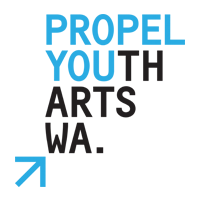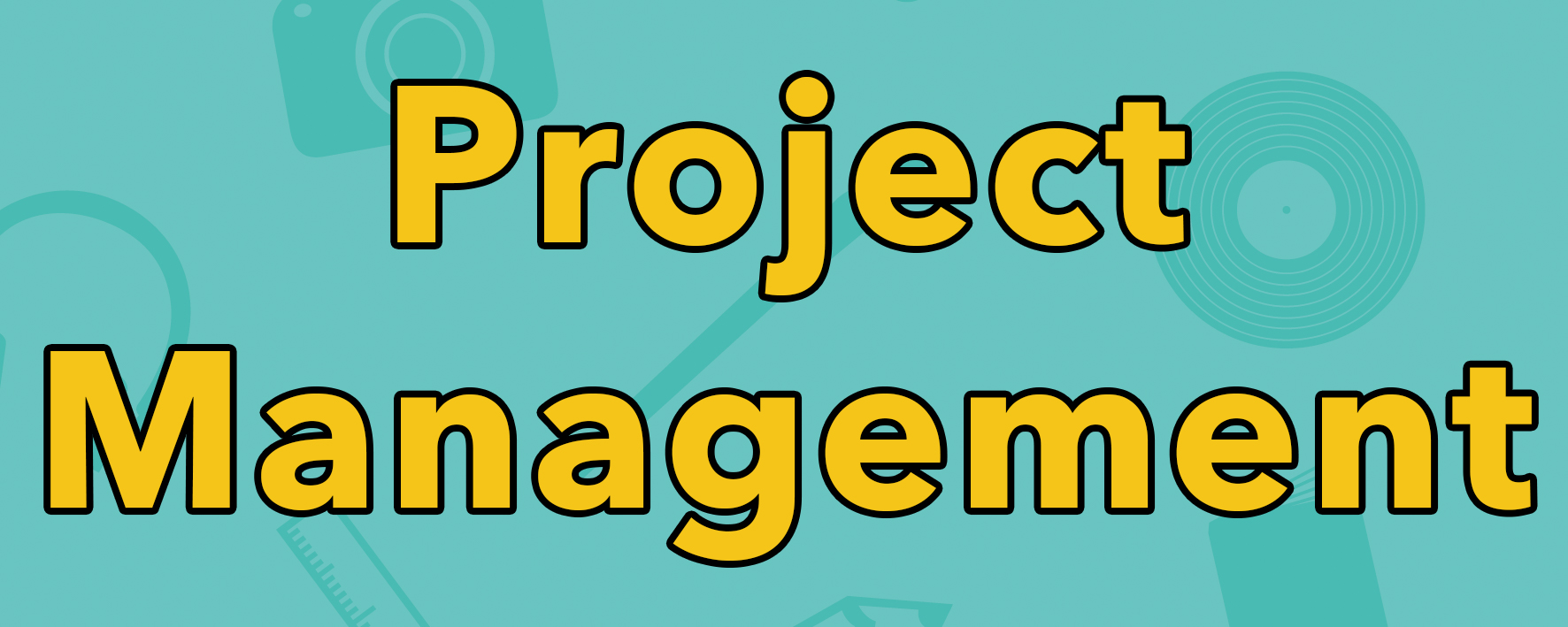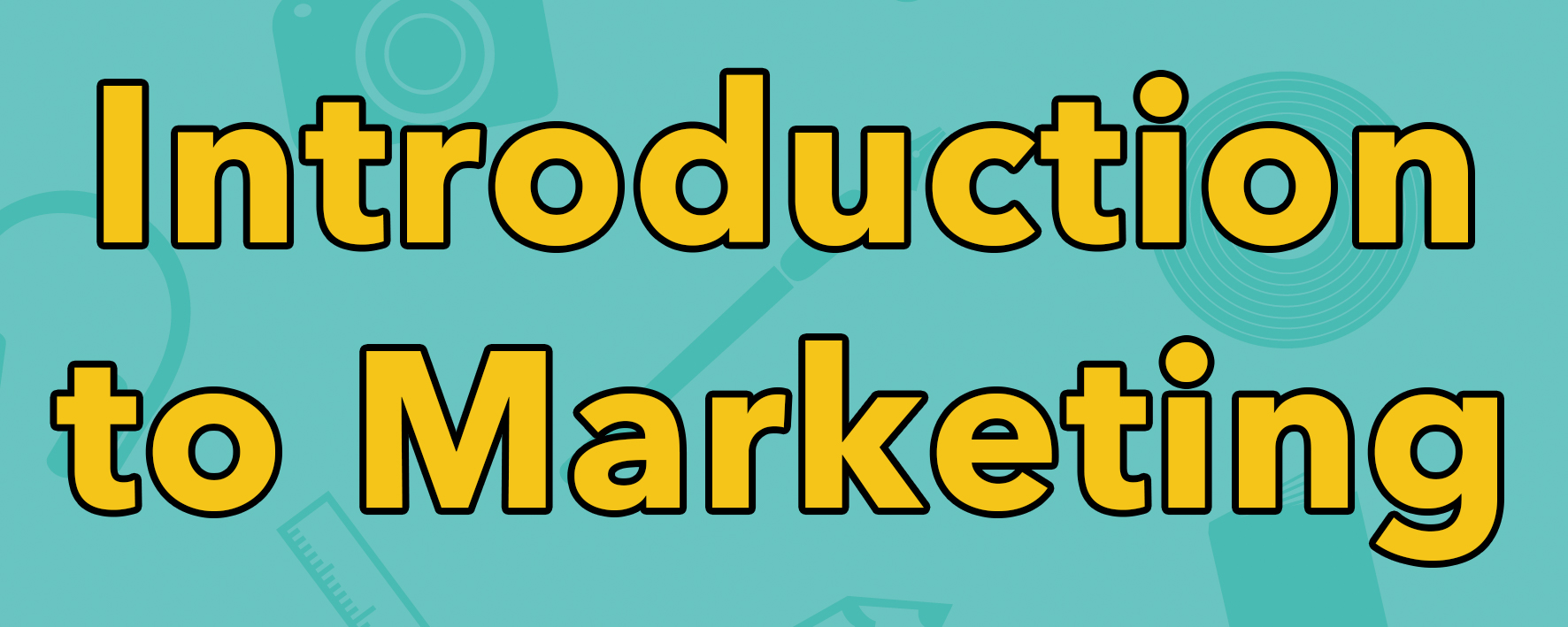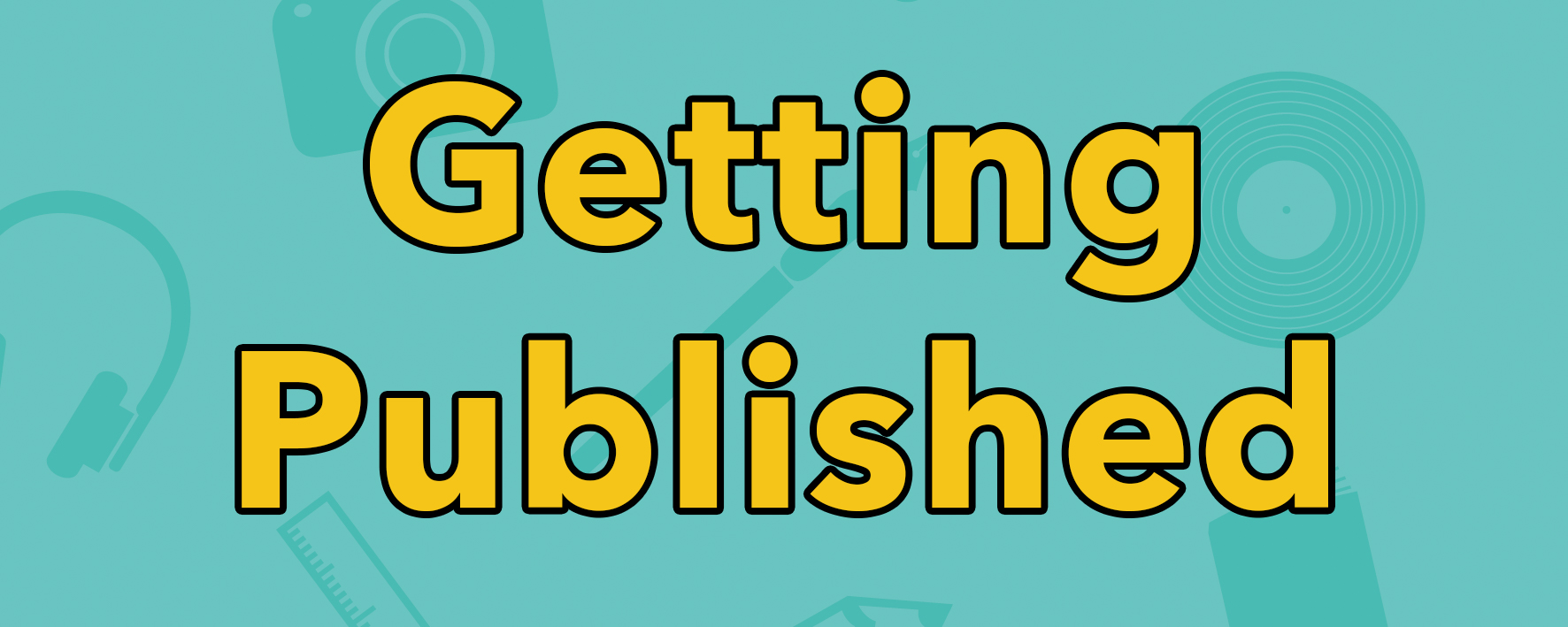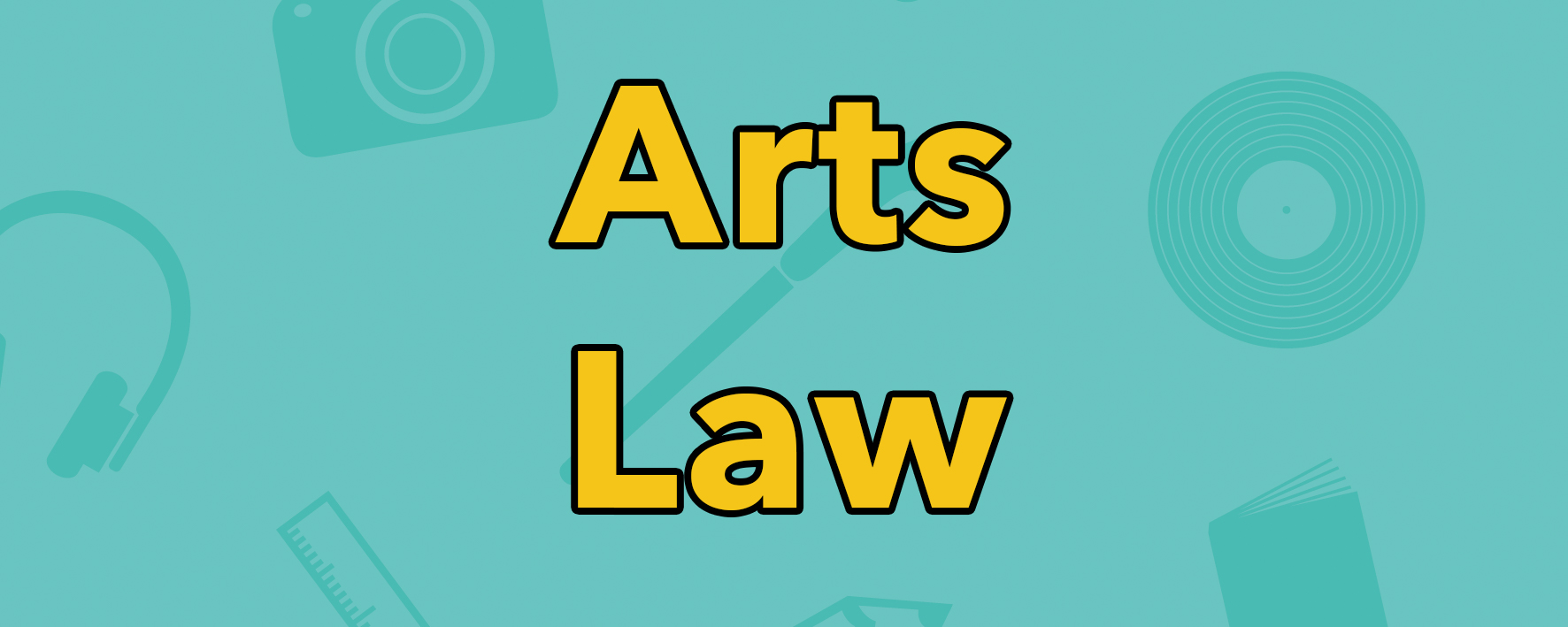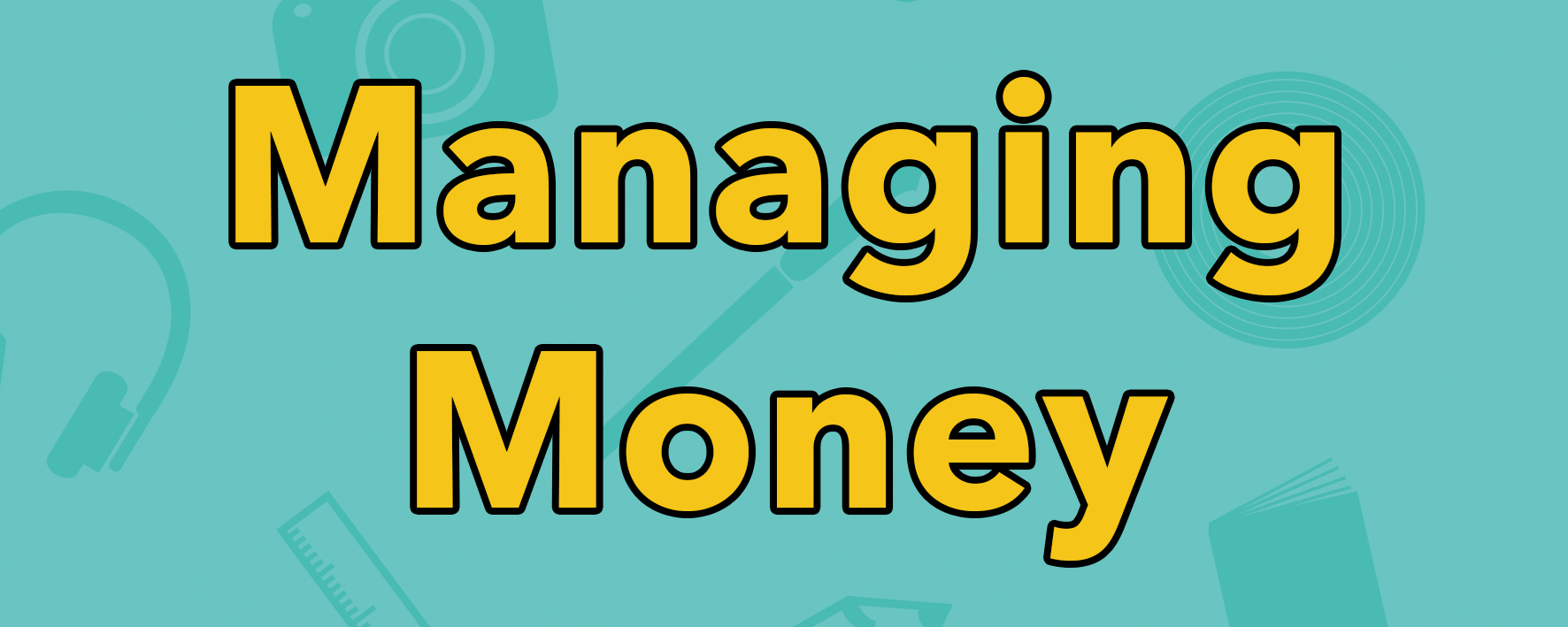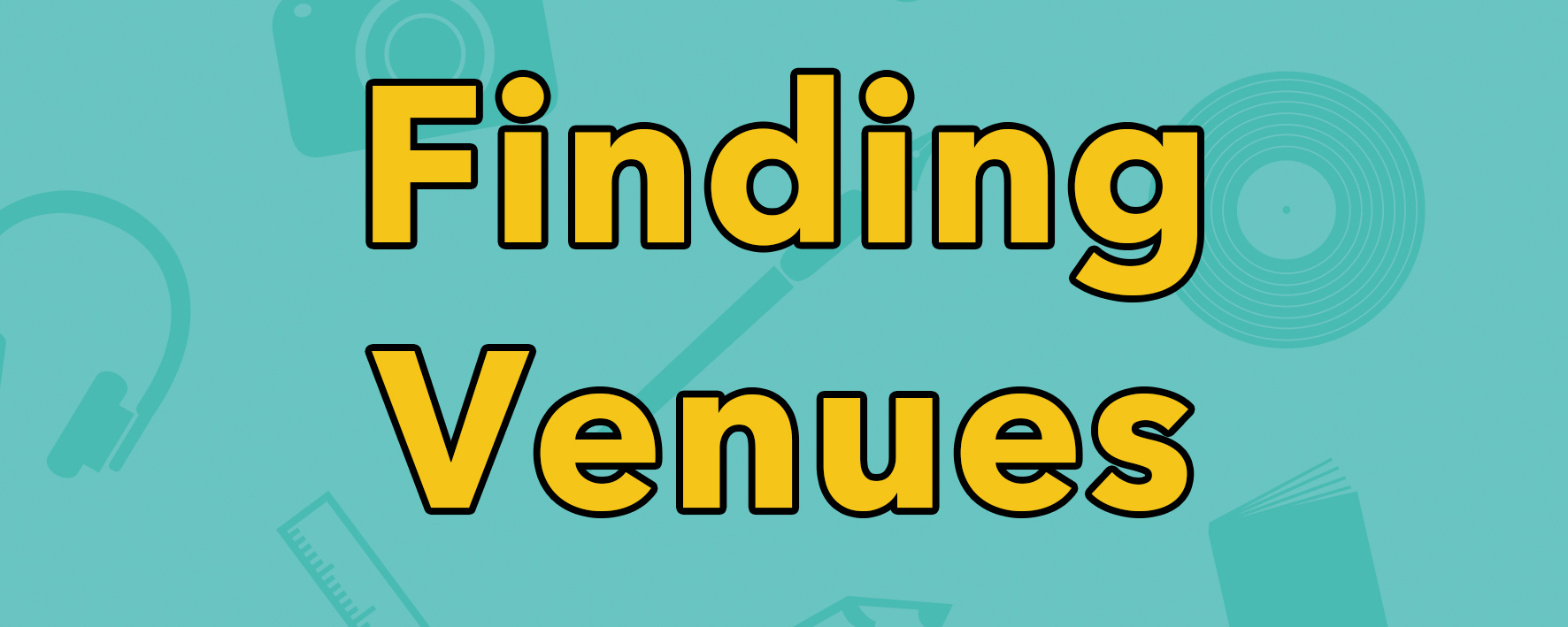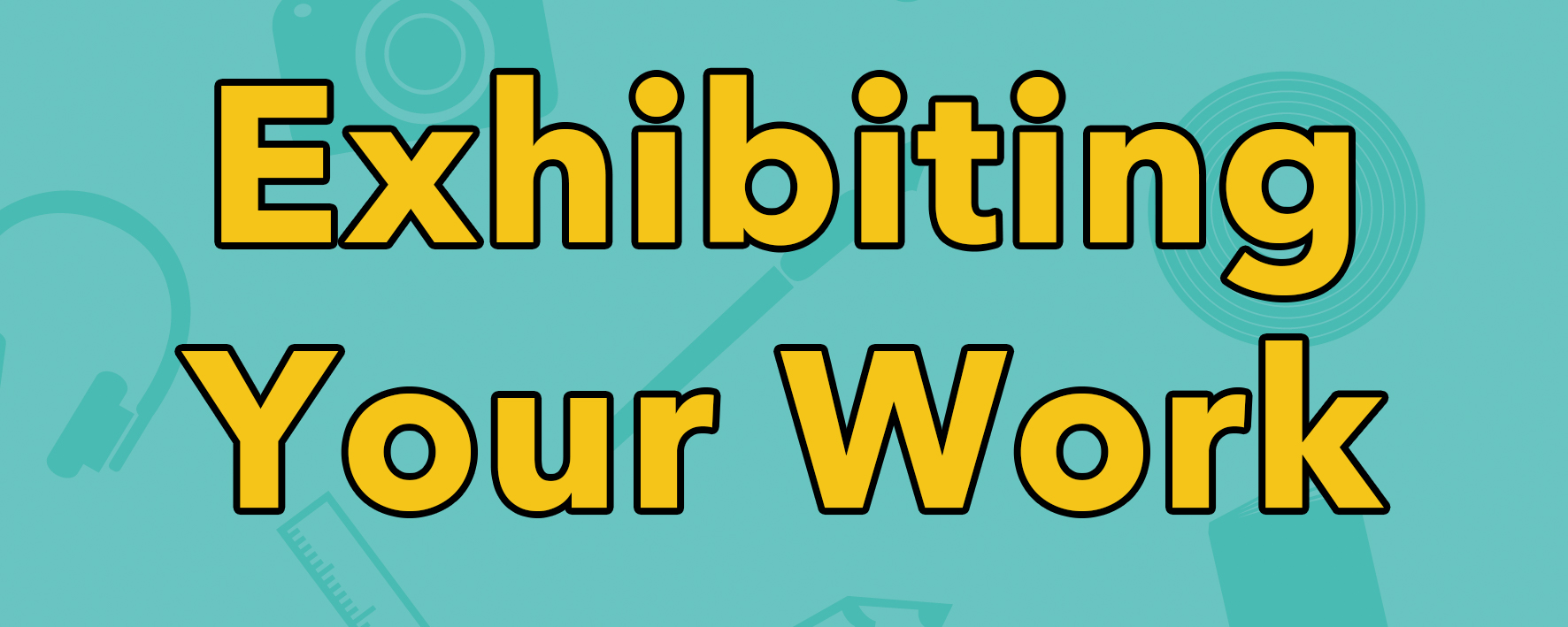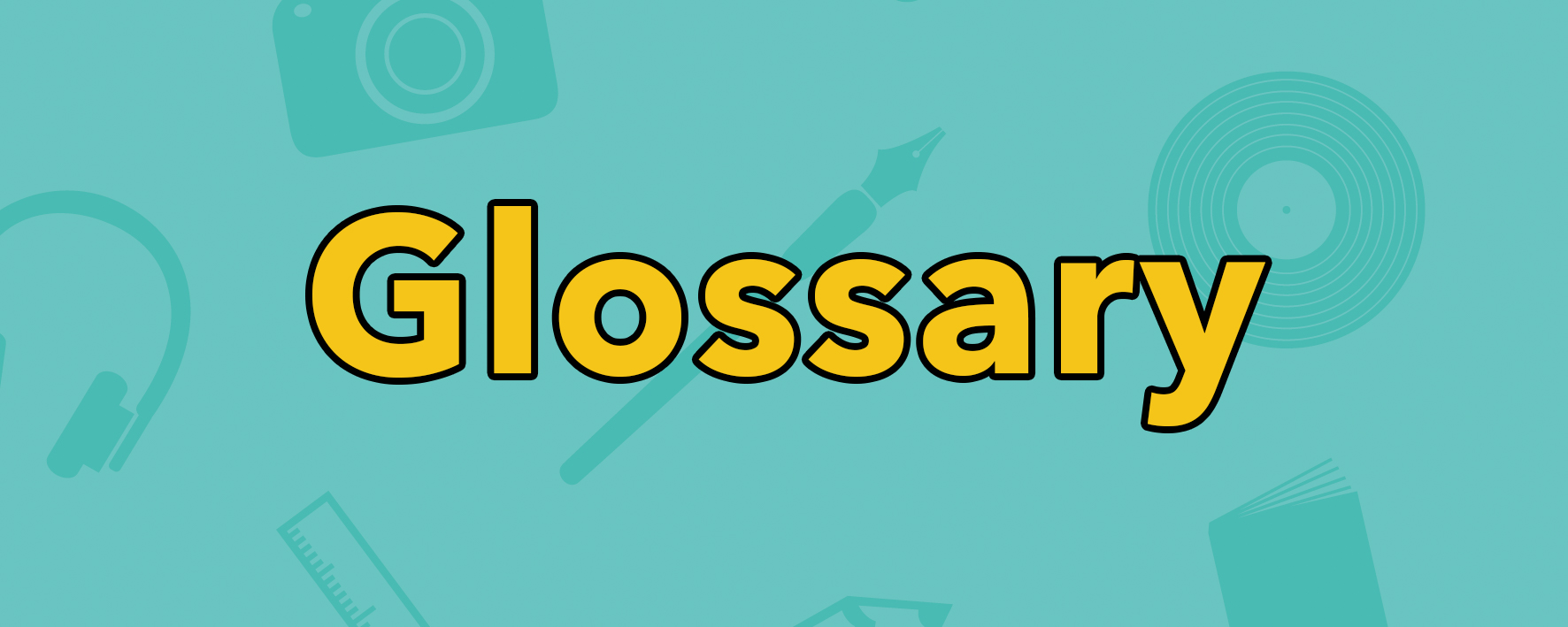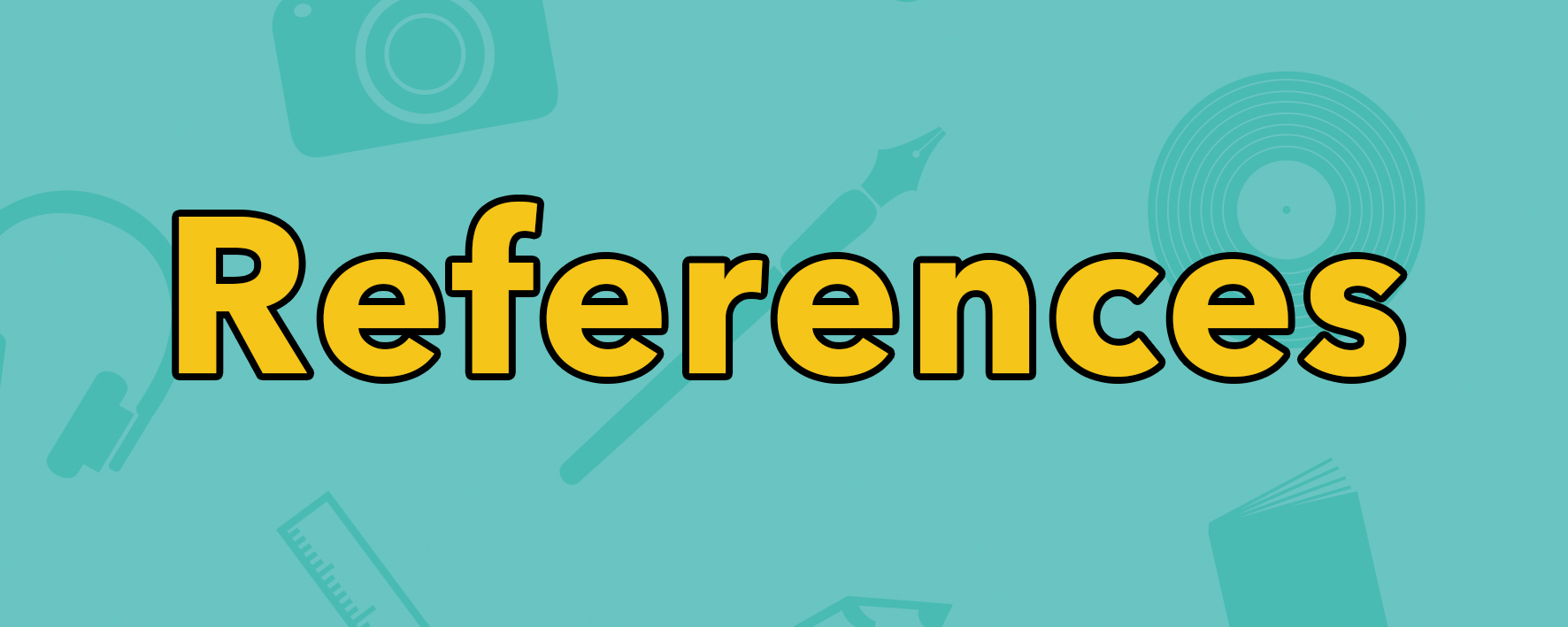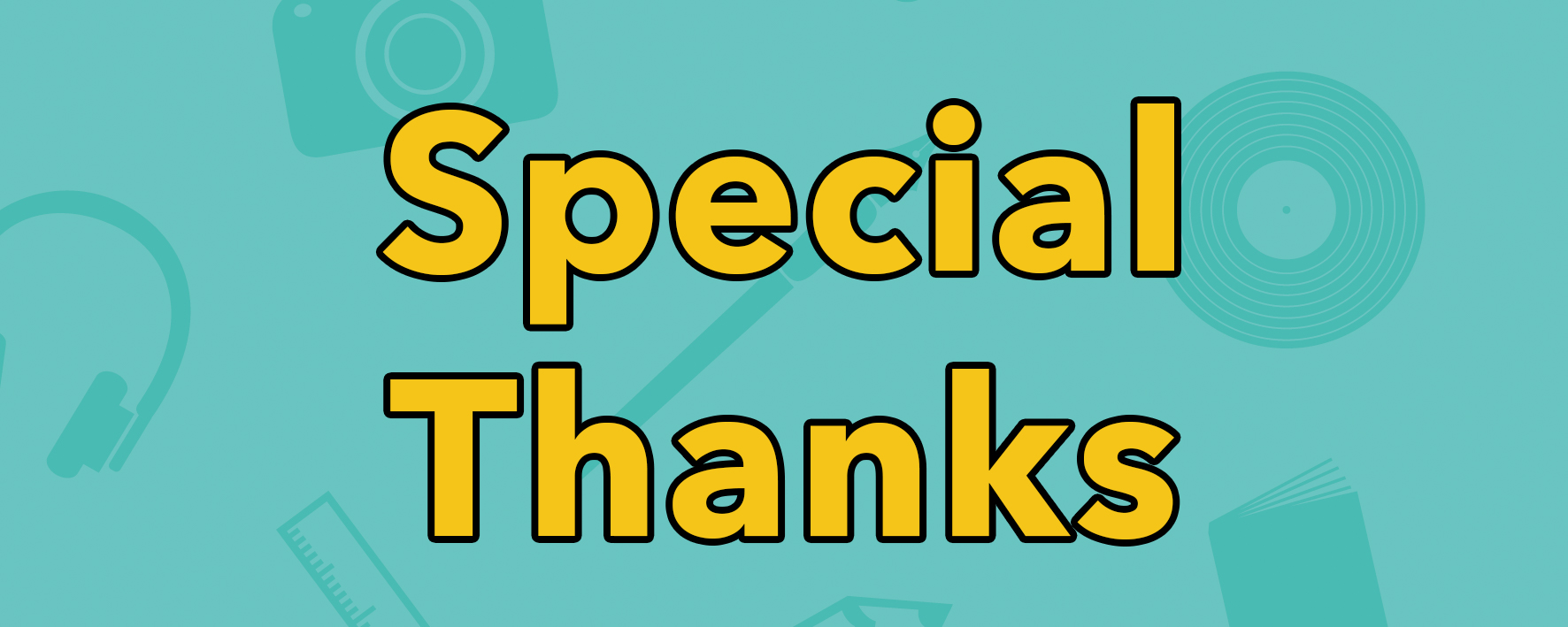Documenting Your Arts
Documenting is about keeping records of what you are doing, for example, by taking photographs, recording attendance and feedback, writing mini reports, tracking media coverage, keeping journals, filing correspondence and so forth.
Why document?
To Celebrate
How rewarding it is to get good feedback and a positive evaluation: this is a chance for you to celebrate your success!
Getting Others Onboard
Being able to show others what you have done and what you are doing is a good way to encourage their involvement and support.
For Next Time
Referring to records of past activities makes things easier the next time around. (For example, you can refer to which sound technician you used and how much it cost when developing a budget for your next event.) Also, by evaluating what worked in your last project, and what didn’t work, you are armed with the knowledge of how to do things better!
As a Reference for Others
Not only can you learn from your mistakes, but so can others. Making mistakes is part of the learning process.
To Acquit Funds
After getting money for your project you will need to demonstrate to whoever funded you that you spent the money the way you said you would. In other words, you need to provide an ‘Acquittal’ report. Rather than getting to the end of a project and trying to rack your brains about who attended and what happened, keep records and assess as you go.
For Future Support
Not only is it necessary to acquit a funding application in order to be funded again later on, but having a record of your project means you can show others (including new funding bodies, sponsors, partners) what you have done. This can be used to demonstrate your track record when seeking funding and support for future projects. Documentation will act as your very own ‘curriculum vitae’ or ‘resume.’
To Evaluate
Documenting enables you to assess your project or program.
How do I document?
Images and Videos
Taking photographs, slides or videos of activities, participants and products is a great way of showing others what you have done. Images of different stages of a project will demonstrate the progress made.
Feedback
This can be in the form of written & verbal surveys or through comments noted at meetings and sessions with project organisers, participants, partners and any other people involved.
Attendance & Involvement
How many and who attended or participated in your project. If possible, get people to write their names and details on attendance and contact lists. Take note of which media, government and special guests attend and record characteristics of those involved. For example, it might be that 50% of participants were 25 years and under whereas you were hoping for 75%. When evaluating, consider whether targets were reached.
Communications
Keeping copies of emails, letters and other correspondence related to your project can be useful for helping you to evaluate what you are doing. Positive comments are great to use as supportive documentation. Records of communications & meetings demonstrate community involvement in your project.
Media coverage
Keeping a record of media coverage by scanning newspaper articles, recording radio interviews or archiving online coverage, can be used to measure the success of your marketing activities and to determine community exposure to your project.
Receipts
Keep all receipts when acquitting your grants you will need to have a record of how much was spent and on what. It is also good business practice. Keep all receipts together. An attached form listing who, when, what and how much is useful to fill as you go to avoid forgetting stuff.
When do I document?
To be effective, documenting needs to take place from the very beginning of a project and needs to continue throughout. Think about how you will document your project while you are planning it, so that the processes are incorporated into your project. This will make it easier for yourself and everyone involved.
